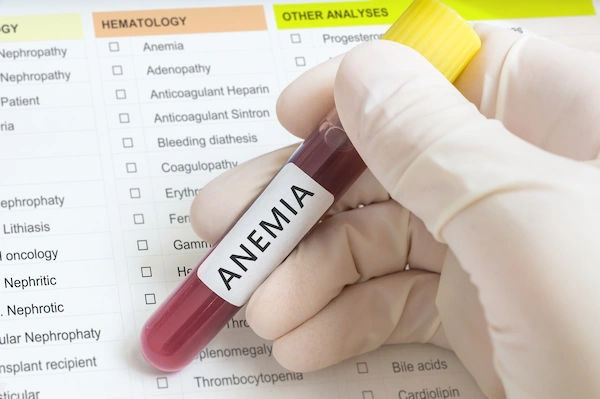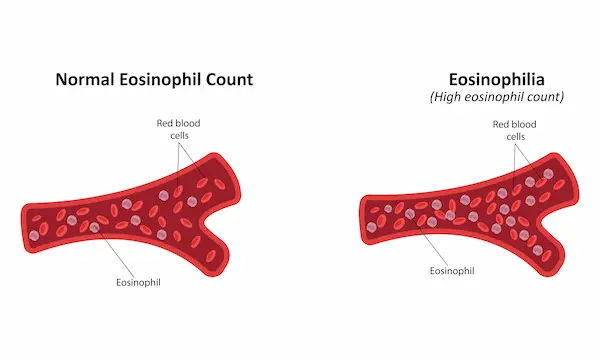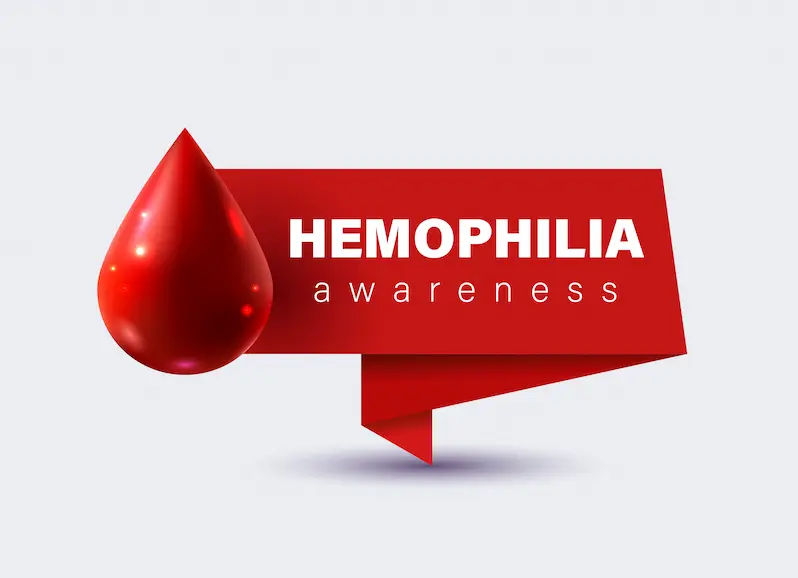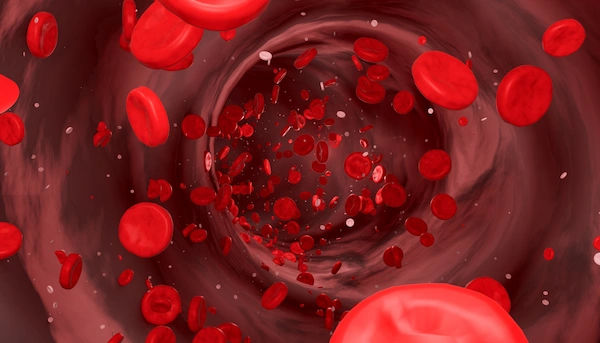- Male
- 80 Years
- 29/01/2025
I'm really worried about my dad. He's got a really high white blood cell count at 22,000. He's around 80 years old and gets really exhausted even with just a little bit of effort. Any idea what's going on or what we should do next?
Answered by 1 Apollo Doctors
A high WBC count can be indicative of various conditions, ranging from infections to more serious diseases like leukemia. The key to managing your father's health right now is thorough medical evaluation, so I strongly recommend discussing these concerns with his primary doctor or specialist to get the right diagnosis and appropriate treatment.
Dr. Ranjith Suggests...
Consult a Haematologist
Answered 04/07/2025
0
0

More Haematology Health Queries
View allmy hemoglobin is 8.7 and i need iron injections to boost it for wisdom teeth removal surgery. i'm 50 years old and weigh 63 kg which specialist should i see for this? my dentist said i need to increase my levels before the procedure
ferrous sulphate orally once a day for atleast 3 months is advised ,repeat cbc after one month.Physiciian opinion is advised.
Answered by 1 Apollo Doctors
How can I raise my iron levels fast?
Taking Iron rich diet,meat,fish,prune juice,jaggery may help. Vitamin c intake may also boost iron absorption..
Answered by 1 Apollo Doctors
I'm really concerned about my hemoglobin levels. In July, my HB was at 8.7, and now it's dropped to 5.8. I've already done all the blood-related tests, but they haven't shown any issues. I'm wondering if drinking red wine could help increase my hemoglobin. What do you think?
Red wine can provide some iron, but it's not a reliable or significant source to increase hemoglobin. If your hemoglobin is very low, it's important to focus on iron-rich foods, supplements, and follow up with your doctor to find the underlying cause.
Answered by 1 Apollo Doctors
Disclaimer: Answers on Apollo 247 are not intended to replace your doctor advice. Always seek help of a professional doctor in case of an medical emergency or ailment.





 Symptoms, Causes, and Care.webp)